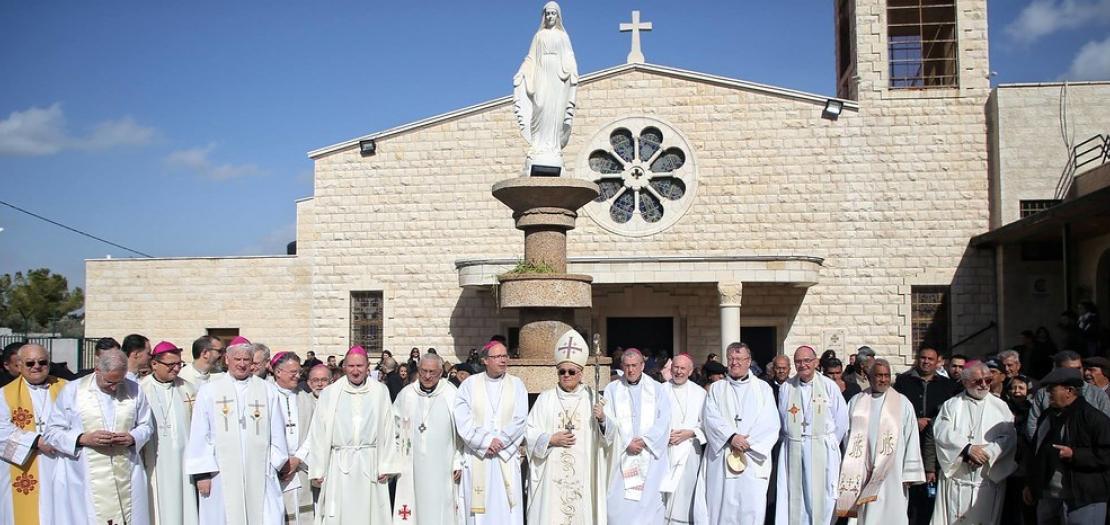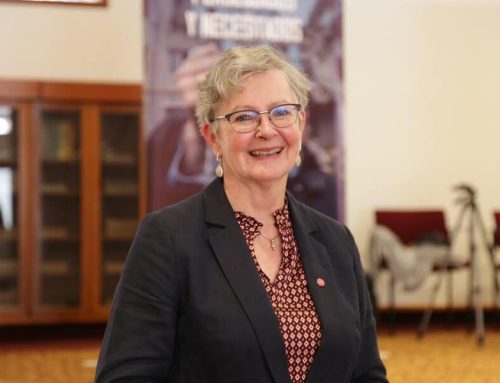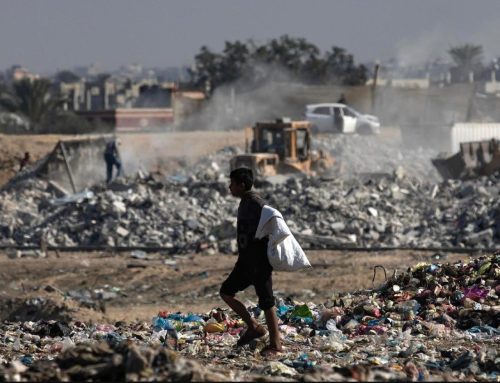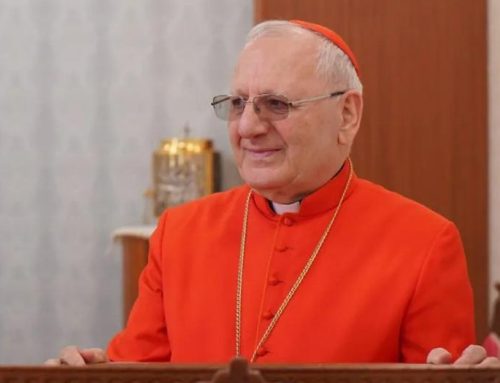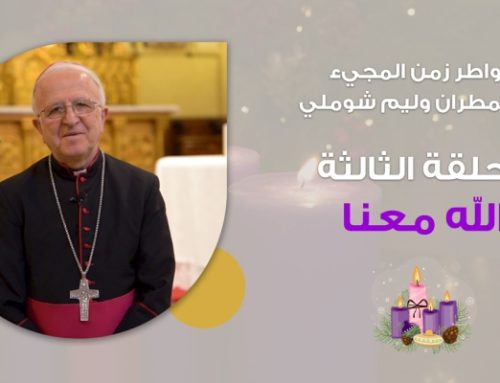A delegation of Bishops from eleven European and North American countries is in Jordan this week for the annual solidarity pilgrimage of the Holy Land Coordination (HLC) to the region. The visit runs from January 14 to 19 January.
The delegation
According to the Catholic Arabic agency Abouna (abouna.org), the delegation includes bishops from England, Scotland, Ireland, the United States, Canada, France, Spain, Slovakia, Italy, Germany and Iceland, along with representatives of the Council of the Bishops’ Conferences of Europe (CCEE), the Order of the Holy Sepulchre, the Anglican Church and of several international ecclesial bodies.
The pilgrimage has been held annually in January since the year 2000, with the aim of supporting the Holy Land’s Christian communities as they experience the political and socio-economic hardships of living in the region.
Leading the group this year is Bishop Nicholas Hudson, Auxiliary Bishop of Westminster and member of the Catholic Bishops’ Conference of England and Wales (CBCEW), which is entrusted with the organization of the annual event.
The theme chosen for the visit is: “The role and importance of the Christian community in Jordan”.
The bishops kicked off the pilgrimage on Sunday, January 15, by celebrating Mass in several parishes in Amman, and the surrounding towns of Irbid, Ajloun, Jubehia, Fuheis, and Sweifieh, where they then met local ecclesial communities.
Challenges faced by Christians in Jordan
During the meetings they listened to their stories and concerns over the many challenges facing Christians in Jordan, including the economic crisis, ongoing political tensions in the region, fear of Islamic fundamentalism, and declining Christian population.
Christians in the country presently account for about 2 per cent of the population, 92 per cent of which is Sunni Muslim. In the past years the country has seen a growing influx of Christian refugees from Iraq and Syria.
Although Jordan has a tradition of peaceful religious coexistence, and Christians enjoy freedom, in recent years the political the situation in neighbouring Syria, Lebanon, Iraq, Palestine and Israel, and economic difficulties have put a strain on the political stability of the Hashemite Kingdom, causing more and more Jordan Christians, especially young people, to emigrate.
A parish priest in the Christian stronghold of Fuheis, 20 kilometers North-West of Amman, told the delegation on Sunday that Jordan citizens who used to make up 25 per cent of the local Christian population have dropped to 2 per cent.
Moreover, what used to be a secure country, has become more exposed to Islamic fundamentalism, resulting in increased insecurity. This is why – the priest explained – the Catholic schools in Jordan give so much importance to educating young people to dialogue and tolerance, so as to prevent religious extremism from taking hold in the country and preserve its pluralistic social fabric.
The program of the HLC pilgrimage
Other events scheduled during the HLC visit include meetings with the leaders of the Jordanian Catholic Church and of Caritas Jordan, with young people, and with Christian refugees from Iraq and Syria who are assisted by the local Church trough several programs supported by the Universal Church.
Also in the agenda are meetings with diplomats and Christian Members of Parliament to discuss wider developments across the Holy Land, and visits to the Baptism site on the River Jordan, to Mount Nebo and to the Our Lady of Peace Centre for disabled.
At the end of the visit on Thursday, January 19, the Coordination is expected to release a final statement.
The Holy Land Coordination was established in the late 1990s at the invitation of the Holy See. Its action is focused on three “P”s: Prayer, Pilgrimage and Persuasion.
“Prayer” is the framework of the annual meeting, with daily celebration of the Eucharist, often in different rites. The “Pilgrimage” to the local Catholic communities is the most important part of the meeting, in which the bishops sometimes also meet local political leaders.
Finally, “Persuasion” refers to their work after they go back to their respective Countries, namely speaking to their own governments, parliamentarians, Israeli and Palestinian ambassadors and the media about a wide range of issues affecting the lives of Christians in the Holy Land.
Due to the COVID-19 pandemic the pilgrimages were suspended in 2020 and 2021 , and resumed in May last year with a visit to Israel and Palestine.

